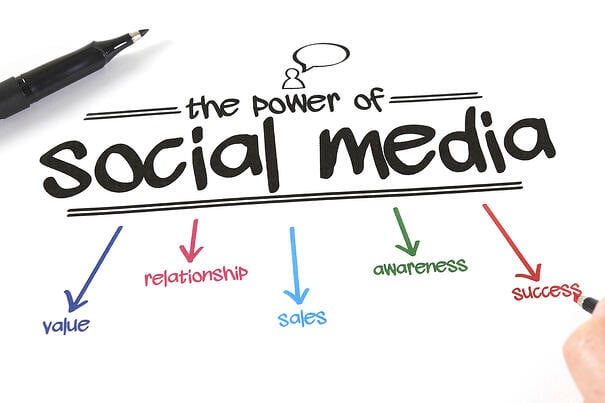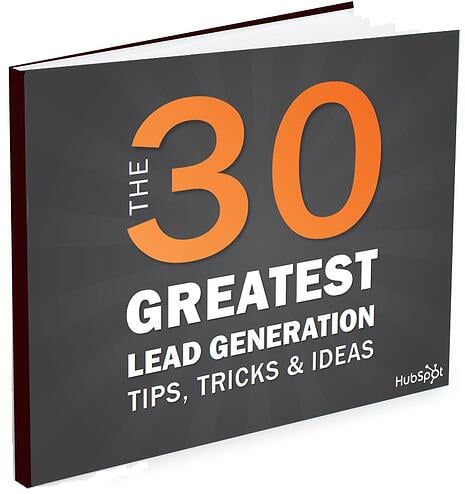Social Media 101 for Business: How to Use Social Media Marketing for B2B Businesses

The phrase “social media” lends itself to a casual tone, and that can be misleading to business owners who are looking for ways to engage other companies. After all, B2B relationships are not about making friends, they’re about conducting business. However, when done well, social media marketing for businesses is an effective marketing tactic that can result in a high payoff and deeper B2B loyalty. Here is a bit of social media 101 for companies.
How necessary is Social Media marketing for Businesses?
In a study conducted by the Aberdeen Group, 84% of B2B marketers reported that they were using social media in their marketing efforts. Additionally, according to an Intershop report highlighted by MarketingCharts, 57% of vendors that engage in B2B commerce are moving their transactions online (some into self-service). The B2B experience is becoming increasingly more like the B2C experience in that businesses are seeking out ways to enhance the user experience (UX) for their customers as well. So, if your business is looking for a way to raise its profile with other firms and increase its UX, too, you must create a comprehensive social media marketing plan.
Ways to Attract Customers
According to a comprehensive study conducted by the Content Marketing Institute, of the businesses that use social media marketing, each is active on six social media platforms, on average. The trick is that business owners must remain active in their social media efforts, regardless of which platforms they choose. Social media is about engaging, so it can’t be effective unless you’re part of the conversation. Here are four social media giants you must use in your B2B efforts, as well as some best practices to use with each.
-
LinkedIn: LinkedIn is the number one social media platform for B2B, with 91% of businesses that engage in social media marketing maintaining an active account. The company is even actively expanding on and improving their dominance in the sector with a new comprehensive plan. So, build and actively maintain a complete LinkedIn profile for your business, highlighting your company’s products, services, and specialties. Ask top employees to join interest groups connected to the industry and post to them regularly.
-
Twitter: 85% of businesses use Twitter for B2B marketing, so you should, too. Search industry-related keywords to find and follow industry leaders and potential leads. With only 140 characters allowed per tweet, it’s important that your tweet content be concise, but attention-grabbing. Sharing a blog? Tweet it more than once over the course of a couple of days to ensure followers see it. However, don’t clutter your follower’s timelines. Every tweet should contain value added content.
-
Google+: Often overlooked by businesses, Google+ is a great way to help improve rankings in organic searches. With more than 340 million active monthly users, Google+ doesn’t have the weight of some other social media platforms, but its beauty is in the ability to segment followers. Create circles for different sectors, so that only those products or services relevant to particular groups will receive related blogs, press releases, etc.
-
Facebook: A well thought out content strategy is essential on all platforms, and with Facebook, the focus should be on variety. Even in B2B marketing strategies, images can be more efficient in capturing someone’s attention. So, vary your posts with industry-relevant photos, infographics, and video links. However, intersperse them with white papers, blog posts, and e-books, too. One goal across all platforms should be to build B2B credibility as an industry authority.
Finally, in addition to creating business accounts on the social media sites that best suit your business, make sure that each of those accounts is linked to one another by including that information in your byline or customer profile. That way, your reader has a way to access your other profiles immediately.
Just as with B2C marketing, B2B marketing has evolved dramatically, particularly in the social media sphere. Focus your energy on building and maintaining quality accounts and presenting quality content, and your B2B leads will increase. That will result in growth in business contacts and relationships, as well as the all-important conversion rate.
Article by Will Williamson


